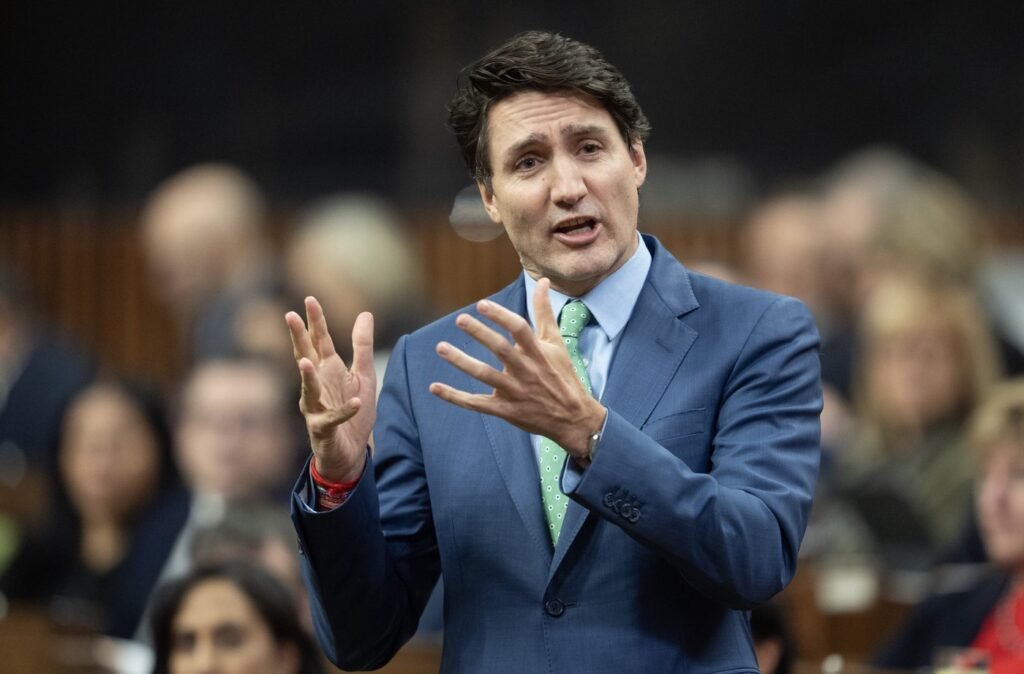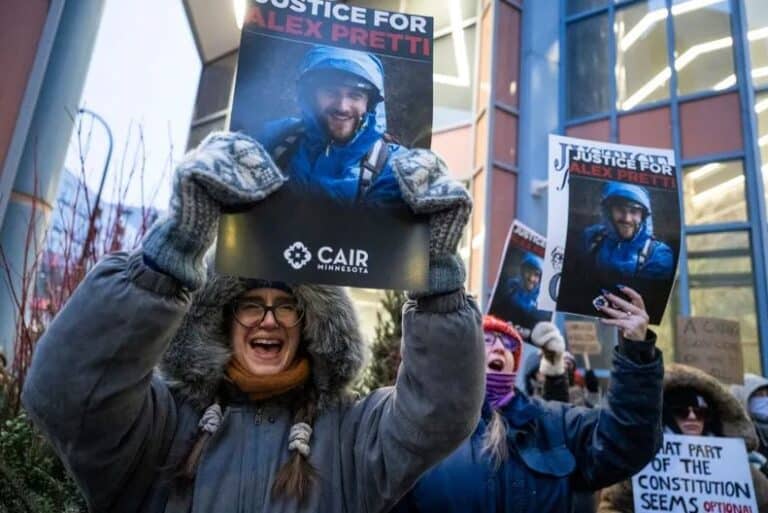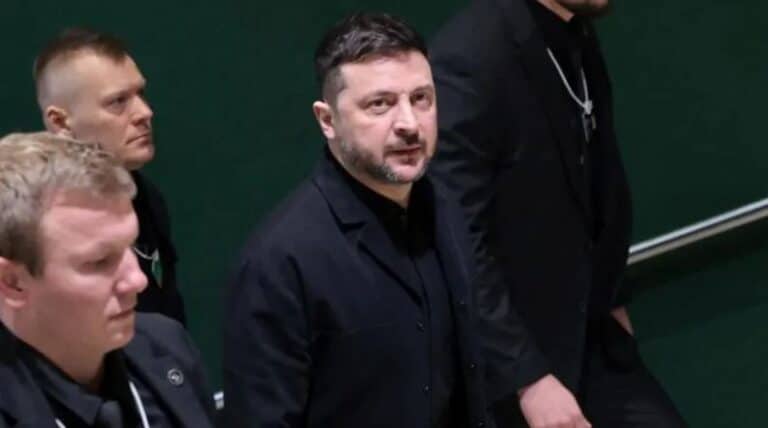
A Federal Court ruling has expedited the legal challenge against Prime Minister Justin Trudeau’s decision to prorogue Parliament, setting the stage for a decisive hearing on February 13 and 14 in Ottawa. The expedited process stems from an application filed on January 8 by Nova Scotia residents David MacKinnon and Aris Lavranos, who argue that the prorogation poses a threat to Canada’s democracy.
The applicants are seeking to overturn Trudeau’s advice to Governor General Mary Simon, which led to the prorogation of Parliament until March 24. They also request a declaration that this session of Parliament remains active, despite Trudeau’s announcement.
The controversy erupted following Trudeau’s emotional January 6 statement, in which he revealed his intention to resign as prime minister once a new Liberal leader is chosen. At the same time, he announced the decision to prorogue Parliament, which effectively paused legislative activities and cleared the parliamentary agenda.
MacKinnon and Lavranos contend that the prorogation was strategically aimed at blocking opposition parties from pursuing a motion of non-confidence against the Liberal government. They argue that the prorogation, lasting eleven weeks, is an overreach of executive power that undermines parliamentary democracy and the rule of law.
In their request for an expedited hearing, the applicants emphasized the urgency of resolving the matter promptly. “An eleven-week shutdown of our federal government’s legislative branch by the executive branch, without lawful authority, represents a grave threat to democracy,” they stated.
Federal lawyers opposed the request for an expedited process, arguing that constitutional cases require detailed analysis and preparation. “The government will continue to function during the prorogation period,” they maintained, suggesting that the urgency of the claim was overstated.
Despite these objections, Federal Court Chief Justice Paul Crampton ruled in favor of expediting the hearing. Crampton highlighted the urgency of the matter, the risk of the case becoming moot under normal court timelines, and the public interest in swiftly resolving the constitutional questions raised.
Crampton acknowledged that expedited proceedings could limit the depth of submissions from all parties but determined that the overall benefits outweighed potential drawbacks. The ruling ensures that no other scheduled court hearings will be delayed.
The legal challenge also touches on international implications, as MacKinnon and Lavranos cited U.S. President-elect Donald Trump’s threats of steep tariffs on Canadian goods as a factor necessitating a functional Canadian Parliament.
The case has drawn attention to the delicate balance of power between the executive and legislative branches of government. It raises broader concerns about the potential misuse of prorogation as a political tool and its implications for democratic accountability.
As the February hearing approaches, legal experts and political analysts are watching closely, recognizing the case as a critical test of constitutional boundaries and governance in Canada.







